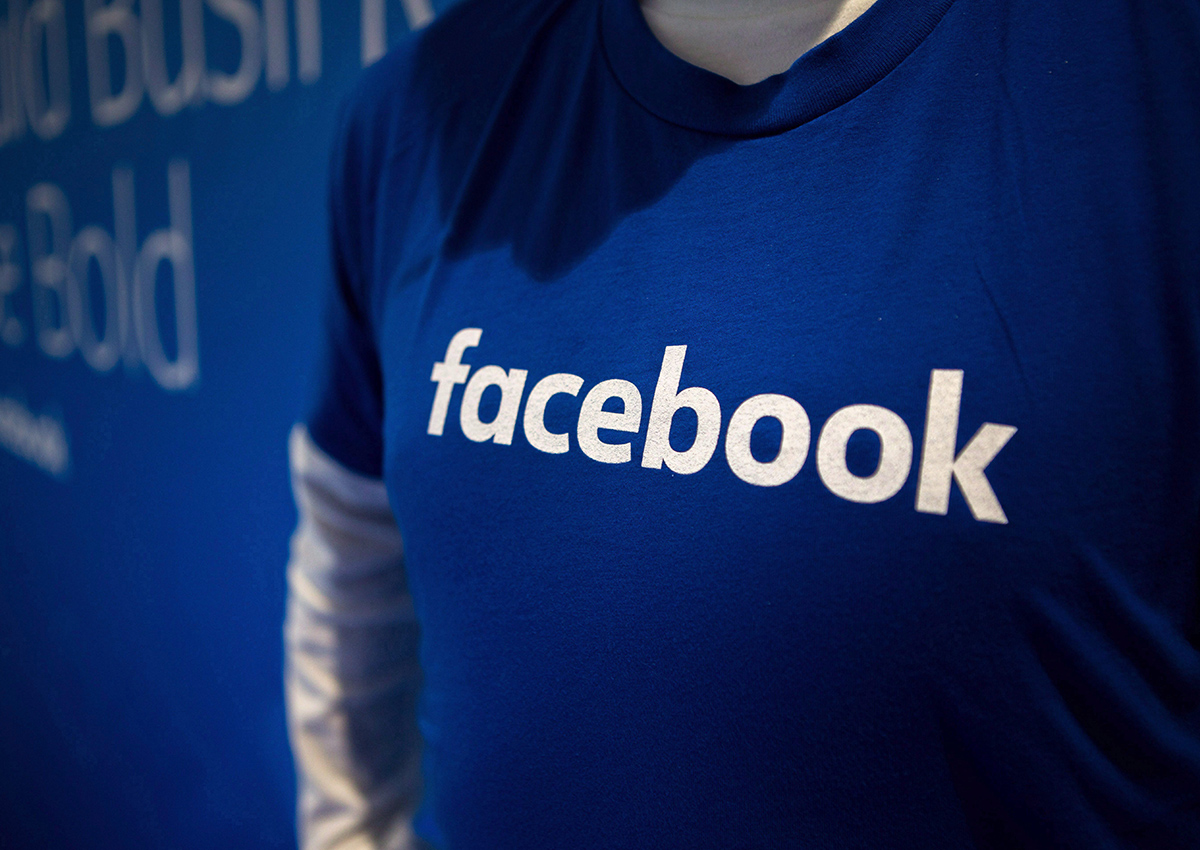Claim: Everyone on Facebook is entitled to up to US$17,500 each because of the Cambridge Analytica leak.

Circulation: 58,691 Facebook shares as of April 13, according to Newswhip, although the story has since been taken down.
Source: fbnewspost.com, a dodgy site that hasn’t been on our radar before now. Other offerings: Scuba Diver Hospitalized After Attempted Sex With Giant Clam (an undiagnosed seafood allergy wrecked the mood, apparently) and Generation Z is Snorting Condoms and Pulling them Back Out the Throat (Snopes says this is actually possible, calling the process “a hard thing to unsee,” but challenges the idea that a handful of YouTube videos count as a trend.)
Details:
The fbnewspost.com story is a quick cut-and-paste ripoff of this story from the British tabloid Metro, padded out with some cut-and-paste quotes from Mark Zuckerberg. A different editor might well have spiked the original story — it pointed out that compensating 50 million Facebook users at £12,500 ($22,455) each, which a law professor said was theoretically possible, would come to about twice the value of the company. Another lawyer put the possible payout at more like £500 ($900) under British data protection law (which would only apply to British Facebook users) and only if they could prove that they had suffered £500 worth of distress.
The fbnewspost.com story started to walk back the headline immediately from the first paragraph, saying the payouts would be limited to people whose data had been leaked, rather than all Facebook users. It also didn’t bother to convert from pounds to U.S. dollars after the headline, disorienting to U.S. readers.

Get daily National news
The original fake story (if that label makes any sense) was then republished by a series of other dubious sites in a kind of secondary plagiarism.
h/t: Snopes

In fake news news:
- Twitter says it removed hundreds of accounts for harassment or spreading false information about the YouTube shooting earlier this month, and ordered many more tweets removed. The question remains, though, why it continues to be so easy for reporters to spot drearily predictable fake news memes during a breaking story — Crisis actors! False flags! Hello, Sam Hyde, there you are again! — and why it’s apparently so challenging for the platforms.
- There was lots of Facebook news this week. In no particular order, a few things you might have missed:
- Facebook has a one-stop-shop link to see whether your data was shared with Cambridge Analytica.
- This Washington Post parody of Mark Zuckerberg’s two days of congressional hearings is the funniest thing I’ve read in a while.
- The Conversation interviews controversial Cambridge University researcher Aleksandr Kogan, whose “This is your digital life” app harvested the data of tens of millions of people in 2016. The big surprise: he doesn’t think it worked all that well.
- Facebook has come under fire for the platform’s role in amplifying ethnic conflict in Burma. But a long read in BuzzFeed makes the case that we also need to look at Sri Lanka, where lethal anti-Muslim violence has been fuelled by hate speech on Facebook.
- The Intercept has a leaked internal Facebook document in which the company claims it has the “ability to ‘predict future behavior,’ allowing companies to target people on the basis of decisions they haven’t even made yet.” Kind of Minority Report, but for marketers. “This isn’t Facebook showing you Chevy ads because you’ve been reading about Ford all week — old hat in the online marketing world — rather Facebook using facts of your life to predict that in the near future, you’re going to get sick of your car.” Long read, worth your time.






Comments
Want to discuss? Please read our Commenting Policy first.